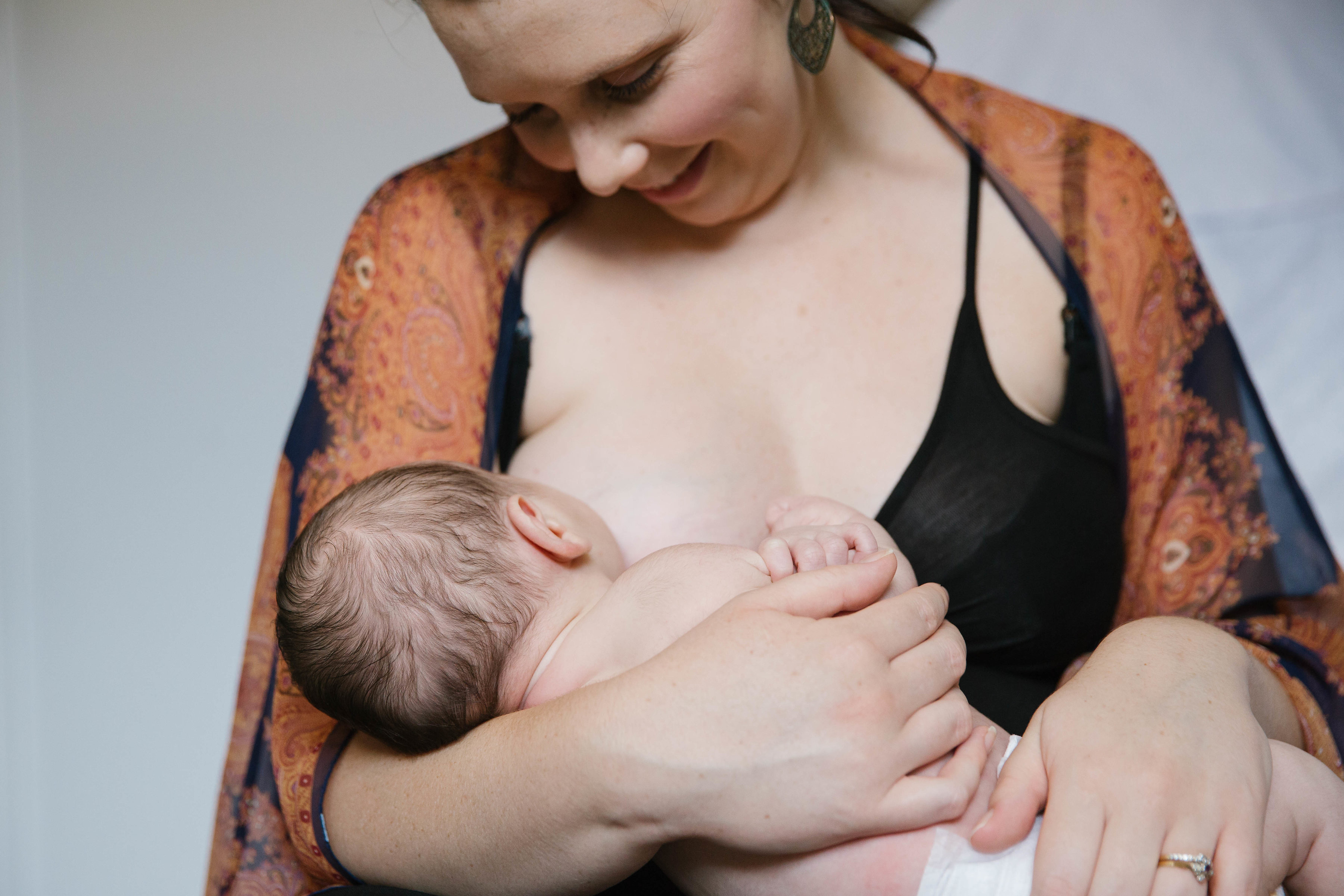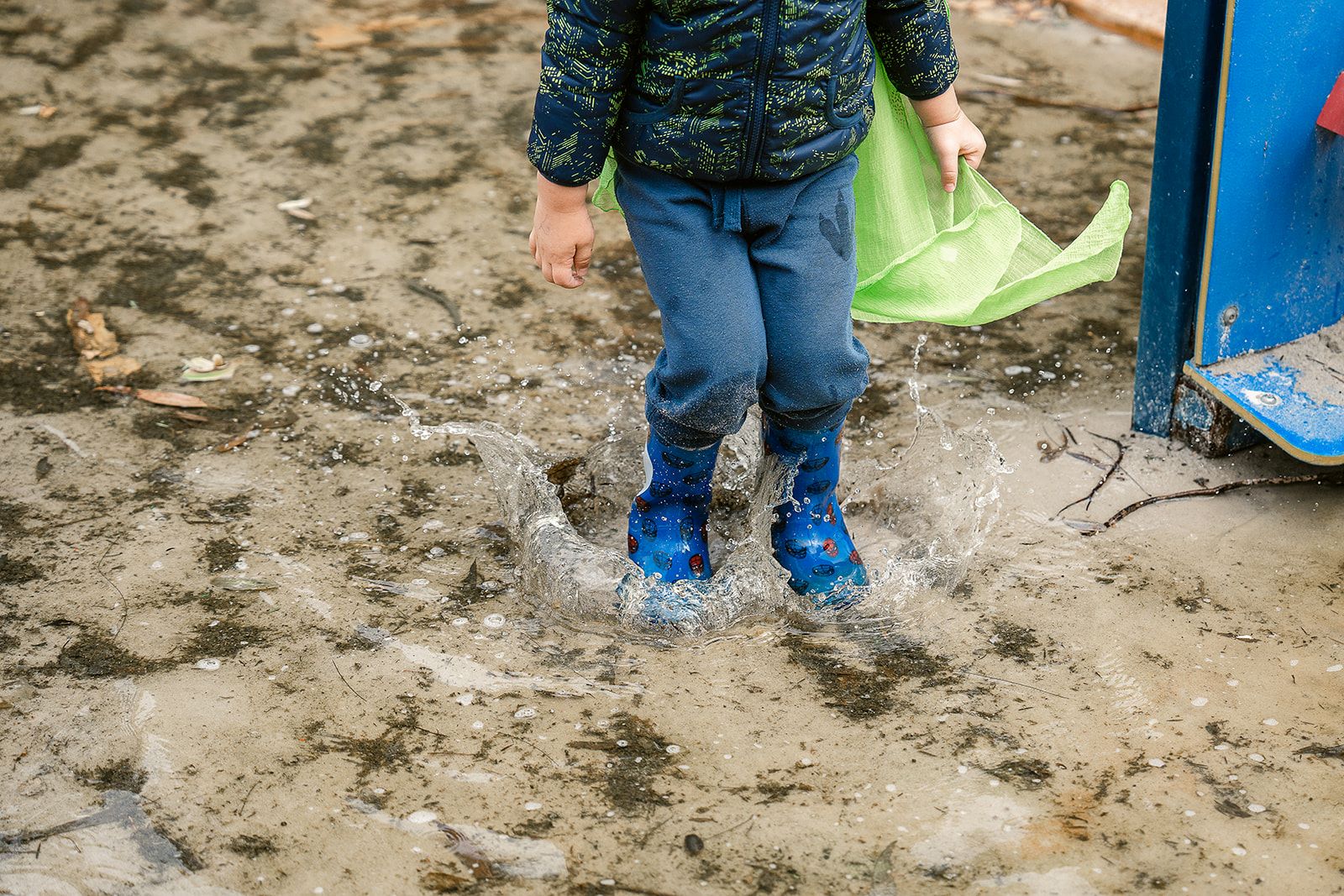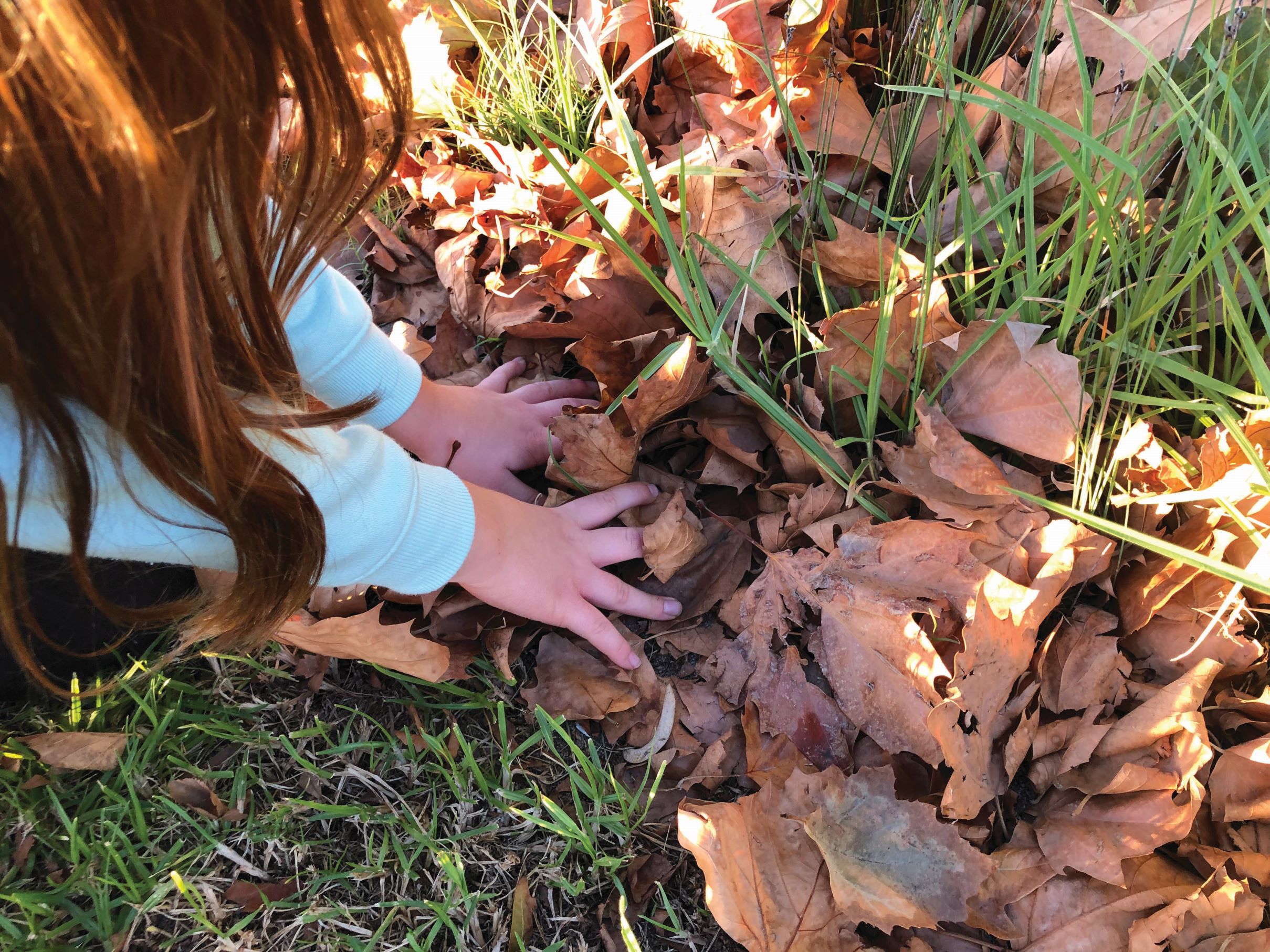Search

Strengths-based, tiered, accessible, resources and supports (STARS) for Kids for parent, carers and their children.

ORIGINS has sub-projects exploring the link between a mother's diet during pregnancy and health outcomes of the child. Projects also explore nutrition and eating habits during the early years.

Determining the associations of sun exposure in early life on the development of non-communicable diseases.

The Antenatal Colostrum Expression (ACE) Study aims to determine whether hand expressing of colostrum in the last few weeks of pregnancy can help new mothers to breastfeed.

Helping families to unlock the mental and physical health benefits of connecting with nature and community through outdoor play - easily, and locally.

An experimental study linked to the Mums Minds Matter project, which aims to determine if pregnant women's willingness to engage in online wellbeing programs varies across types.

Auto-immune diseases such as diabetes, rheumatoid arthritis, muscular dystrophy and multiple sclerosis are associated with dysfunction in the microbiome. You need a balance of healthy bugs in your microbiome to keep it on track.
The Centre includes researchers at The Kids Research Institute Australia’s Diabetes Research Team and the Diabetes Service at the Perth Children’s Hospital.
Read about the research fellows at the Children's Diabetes Centre, Martin de Bock, Aveni Hayes, Ashleigh Lin and Marie-Anne Burckhardt.
Read about the students currently undertaking their PhD as a part of the Children's Diabetes Centre.
